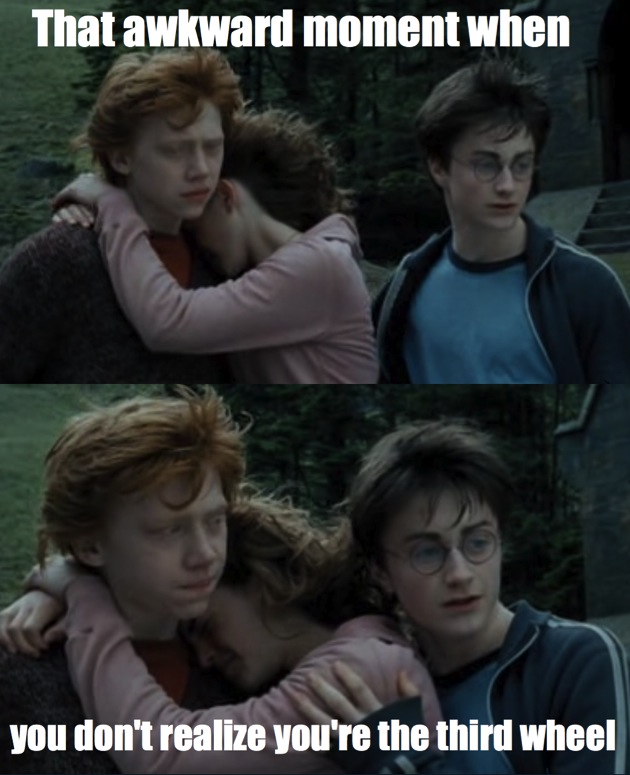I signed up for English 302 because it met an IT minor requirement. I didn’t know what the class would be like or what “new media” meant. All I knew was that it’d help me get one step closer to graduation. I thought we’d read books and use computers and analyze news articles or something basic like that. In high school I took a media studies class where we analyzed contemporary media including everything from tv shows to advertisements to magazines. I expected this class to be similar, but I was in for a pleasant surprise because I’ve learned quite a lot, an almost overwhelming lot. If I were to narrow down what I’ve taken away from this class into the 3 main concepts that I found most valuable, they would include:
1) Analyze everything!
Who knew memes had a purpose? I didn’t! I thought memes were superfluous, immature, and pointless graphics made by a bunch of pissed off and bored teenagers with nothing better to do but troll the internet with seemingly irrelevant comments. Boy, was I wrong! I learned that memes play a significant part in allowing this generation a new medium to express themselves and voice their opinions, especially in response to contemporary matters in a cynical and creative way. Memes are outlets that can be both constructive and fun. Why does Snow White have Steve Buscemi’s eyes in this picture? What does this photoshopped image say about society?
Or this one?
Or this?
I do not know, and I’m not sure I care. But I do know that someone out there does know and care. I’m sure that if I wanted to and if I had the time to, I could probably write pages upon pages about what this meme means and what its significance is today in society. Memes are fun. They’re playful, but they also hold important messages.
2. Don’t trust Google, even though we need it!
Google and other platforms, as warm, fuzzy, and friendly as they appear are untrustworthy sources that possess way more information about us than they should. At the same time, however, these platforms like Amazon and Facebook and Google have become an integral, almost central part of our lives. We are constantly checking our Twitter feeds, our Instagram likes, our Facebook notifications. Platforms have given us a new way of life–a new way of socialization and connection. These platforms have made communicating easier and faster than ever before in the entire history of humanity. But we need to tread carefully.
3. New media creates a space for minorities to voice their opinions, to express themselves, and to make themselves more present in today’s society.
Which is awesome! Web series have given minorities more air time in a way that television has been slow to do. It has opened up an entire world for minority viewers to see themselves reflected online or even in video games. New media is diversifying entertainment. It’s giving minorities a voice, empowering them, and legitimizing their presence. Finally! A world in which they are in charge of what they produce, create, write, and publish. No longer are minorities constrained to the limitations of mainstream media. New media has created a promising and welcoming space for minorities to speak, share, and communicate.
YAY!




















